Electric Bus Manufacturers in India 2023
As the world looks for ways to
reduce carbon emissions, electric buses are gaining popularity as a sustainable
alternative to traditional diesel-powered buses. India, with its large
population and growing urbanization, has a significant need for sustainable
public transportation. Many electric bus manufacturers have recognized this
potential and are investing in developing electric buses for the Indian market.
Major Electric Bus Manufacturers in India
·
Tata Motors
·
Ashok Leyland
·
Mahindra & Mahindra
·
BYD India
·
Olectra Greentech
Major electric
bus manufacturers in India There are several electric bus manufacturers
operating in India. Some of the major players in the market are Tata Motors,
Ashok Leyland, Mahindra & Mahindra, BYD India, and Olectra Greentech.
·
Tata Motors: Tata Motors, one of
India's largest automobile manufacturers, has been working on electric vehicle
technology for several years. In 2017, the company launched the Tata Ultra
Electric Bus, which is powered by a 245-kWh battery pack and can run up to 150
km on a single charge. The bus has a seating capacity of 31 passengers and
comes equipped with features such as air conditioning and CCTV cameras.
·
Ashok Leyland: Ashok
Leyland is another major player in the Indian electric bus market. The company
has developed several electric bus models, including the Circuit, which is a
fully electric bus that can run up to 120 km on a single charge. The bus has a
seating capacity of 35 passengers and comes equipped with features such as air
conditioning, wheelchair access, and regenerative braking.
·
Mahindra & Mahindra: Mahindra
& Mahindra, a leading Indian automobile manufacturer, has also ventured
into the electric bus market. The company has developed the e-Alfa Mini, an
electric rickshaw that can accommodate up to four passengers. The e-Alfa Mini
has a range of 85 km on a single charge and comes equipped with features such
as a digital instrument cluster and an onboard charger.
·
BYD India: BYD India, a subsidiary of
the Chinese electric vehicle manufacturer BYD, has been operating in India
since 2015. The company has developed several electric bus models, including
the K7 and K9, which are both fully electric and have a range of up to 250 km
on a single charge. The buses have a seating capacity of up to 47 passengers
and come equipped with features such as air conditioning and Wi-Fi.
·
Olectra Greentech: Olectra
Greentech, a subsidiary of the Indian company Goldstone Infratech Limited, has
developed several electric bus models.
Here is a list of Electric Bus Manufacturers in India:
|
EV
Model |
Vehicle
Category |
Range |
|
Starbus
9M |
Bus M |
150
Km |
|
Starbus 12M |
Bus H |
200 Km |
|
Elec
City |
Bus M |
145
km |
|
County |
Bus L |
250 km |
|
K9 |
Bus H |
200
km |
|
Lito |
Bus M |
168 Km |
|
Regio |
Bus H |
168
Km |
|
Urban |
Bus H |
144 Km |
|
EcoLife
9M |
Bus H |
200
Km |
|
EcoLife 12M |
Bus H |
160 Km |
|
Ashok
Leyland |
Bus H |
140
Km |
|
Lancer |
Bus H |
200 Km |
|
Orion |
Bus L |
160
Km |
|
EV Star |
Bus 1 |
240 Km |
|
K9
M |
Bus 1 |
250
Km |
Also, Read:- Electric Two-Wheeler Manufacturers in India
Comparison Of Electric Bus Models Offered by Manufacturers
·
Features and specifications
·
Price range
Comparison of electric bus models
offered by manufacturers When it comes to comparing electric bus models offered
by different manufacturers, several factors need to be considered. Some of
these factors include the features and specifications of the bus, its range,
and its price range.
·
Features and specifications: Most
electric buses come equipped with features such as air conditioning, CCTV
cameras, and regenerative braking. However, some manufacturers offer additional
features such as wheelchair access, Wi-Fi, and digital instrument clusters. It
is important to consider these features when comparing electric bus models.
·
Price range: The price of an electric
bus can vary depending on the manufacturer and the features it offers.
Generally, electric buses are more expensive than diesel-powered buses.
However, in the long run, electric buses can be more cost-effective due to
lower maintenance and fuel costs.
Challenges Faced by Electric Bus Manufacturers in India
·
Lack of charging infrastructure
·
High initial investment
·
Limited government support
Challenges faced by electric bus
manufacturers in India While there is potential for growth in the Indian
electric bus market, there are also several challenges that manufacturers must
overcome.
·
Lack of charging infrastructure: One of
the biggest challenges faced by electric bus manufacturers in India is the lack
of charging infrastructure. While there are several charging stations being set
up across the country, there is still a long way to go before there are enough
charging stations to support a large fleet of electric buses.
·
High initial investment: Electric
buses are more expensive than diesel-powered buses, which can make it
challenging for manufacturers to break even on their investment. While there
are potential cost savings in the long run, manufacturers must be willing to
make a significant initial investment.
·
Limited government support: While the
Indian government has set a target of having 100% electric public transport by
2030, there is still limited government support for electric buses. This can
make it challenging for manufacturers to get the funding and support they need
to develop and market their products.
Future Outlook for Electric Buses in India
·
Government initiatives to promote electric mobility
·
Potential for growth in the market
Future outlook for electric buses
in India Despite the challenges, there is significant potential for growth in
the Indian electric bus market. The Indian government has set several targets
and initiatives to promote electric mobility, including tax incentives and
subsidies for electric vehicles. Additionally, several cities have already
started to implement electric buses into their public transport systems.
·
Government initiatives to promote electric
mobility: The Indian government has set a target of having 30% of all vehicles on
the road be electric by 2030. Additionally, the government has announced
several initiatives to promote electric mobility, including tax incentives for
purchasing electric vehicles and subsidies for setting up charging
infrastructure.
·
Potential for growth in the market: With
growing awareness of the environmental impact of diesel-powered buses and the
potential cost savings of electric buses, there is significant potential for
growth in the Indian electric bus market. As more cities adopt electric buses
into their public transport systems, the demand for electric buses is likely to
increase.
Conclusion
The Indian electric bus market is
still in its early stages, but there is significant potential for growth. Major
players such as Tata Motors, Ashok Leyland, Mahindra & Mahindra, BYD India,
and Olectra Greentech are already investing in developing electric bus models for
the Indian market. While there are several challenges that must be overcome,
including the lack of charging infrastructure and limited government support,
the future outlook for electric buses in India is promising.
FAQs
What is the cost of an electric bus in India?
The cost of an electric bus can vary
depending on the manufacturer and the features it offers. Generally, electric
buses are more expensive than diesel-powered buses.
How long does it take to fully charge an electric bus battery?
The time it takes to fully charge an
electric bus battery can vary depending on the battery capacity and the
charging station. However, it typically takes several hours to fully charge an
electric bus battery.
What is the range of an electric bus in India?
The range of an electric bus can vary
depending on the model and the battery capacity. Most electric buses in India
have a range of 150-200 km on a single charge.
Share Post
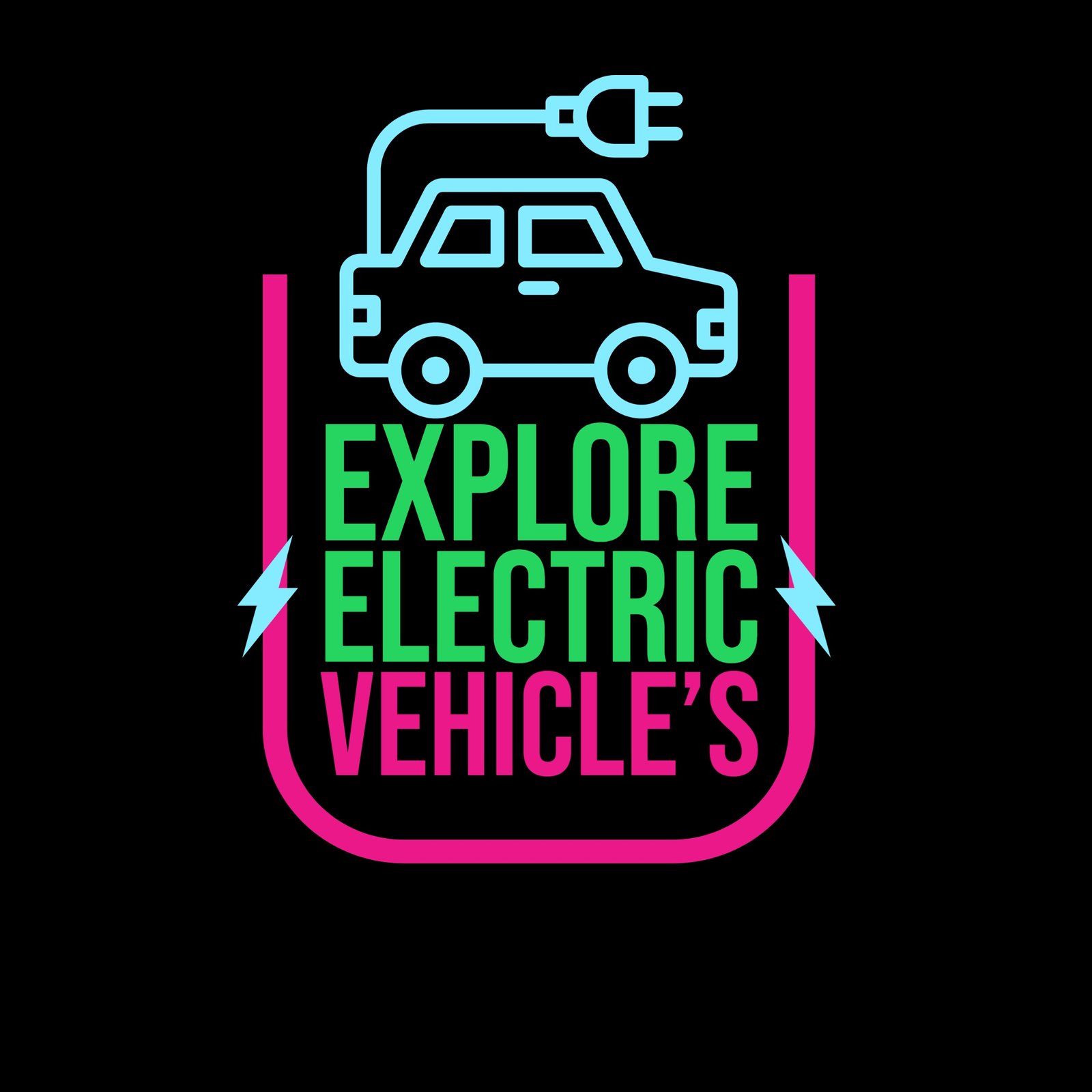

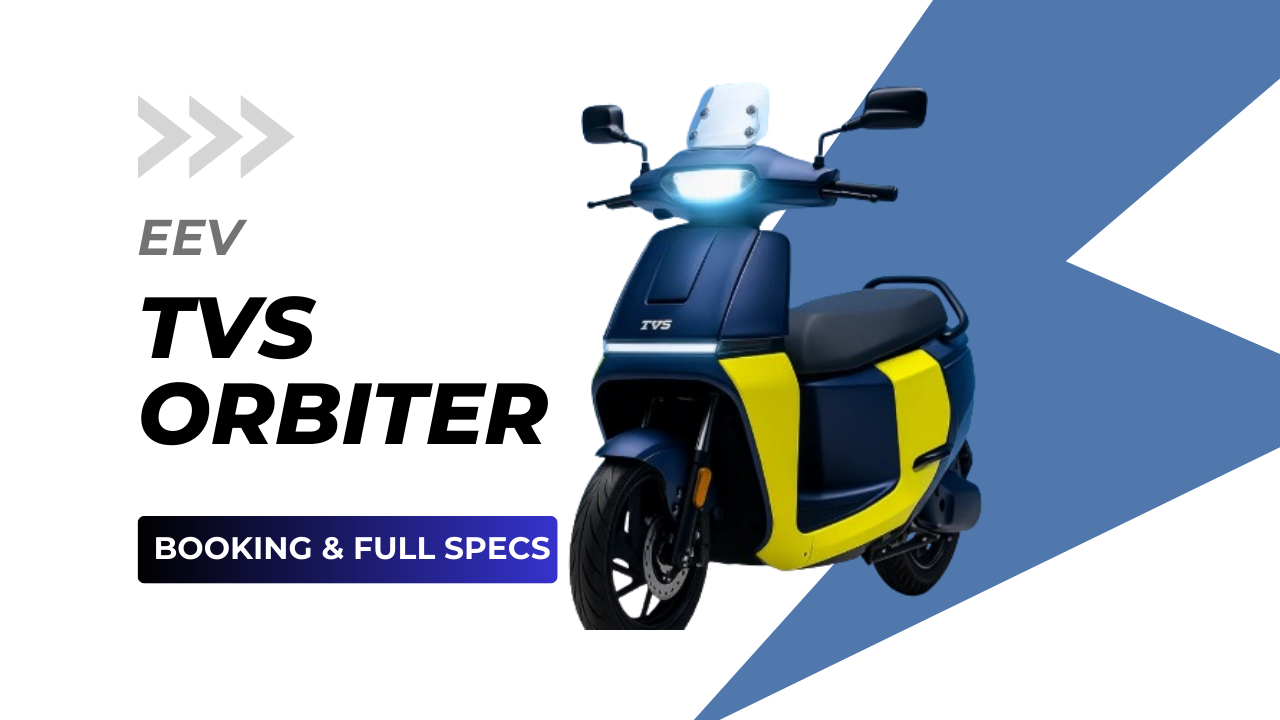
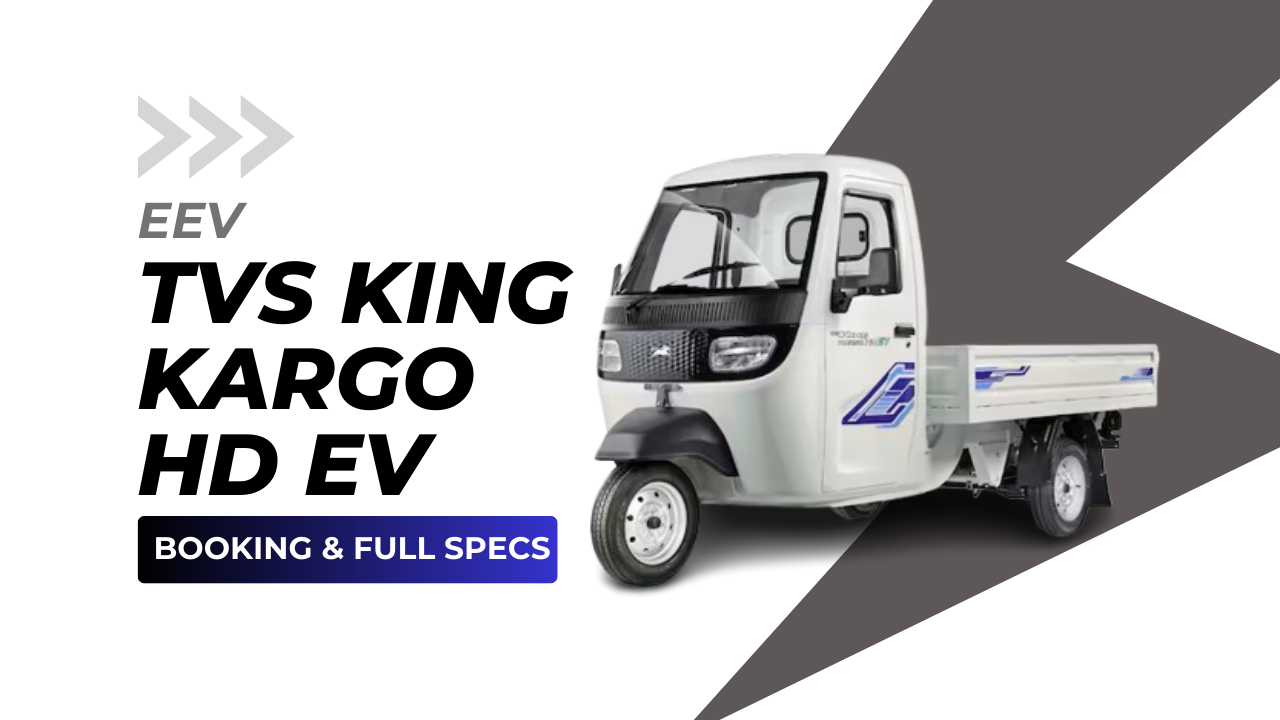
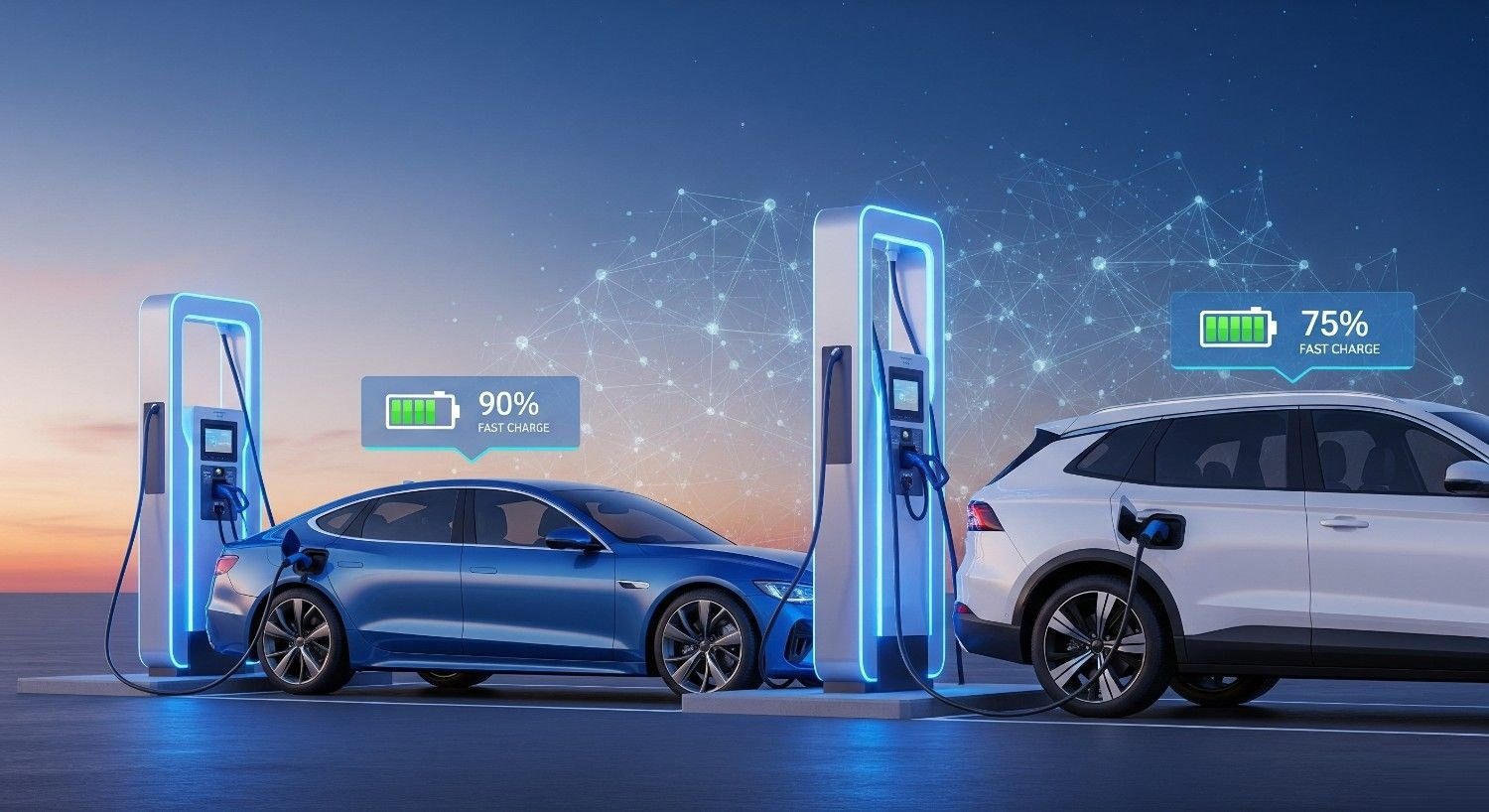

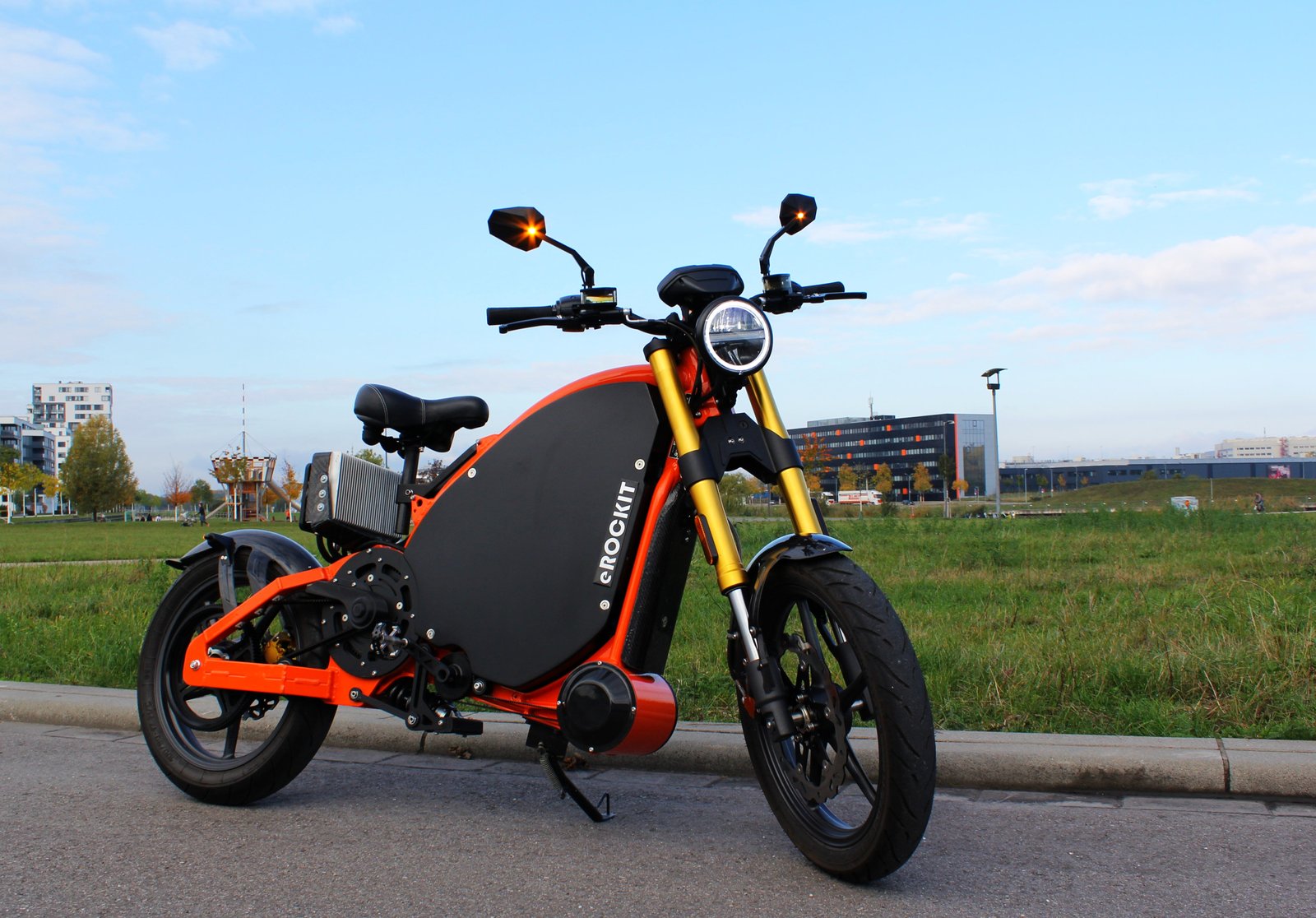

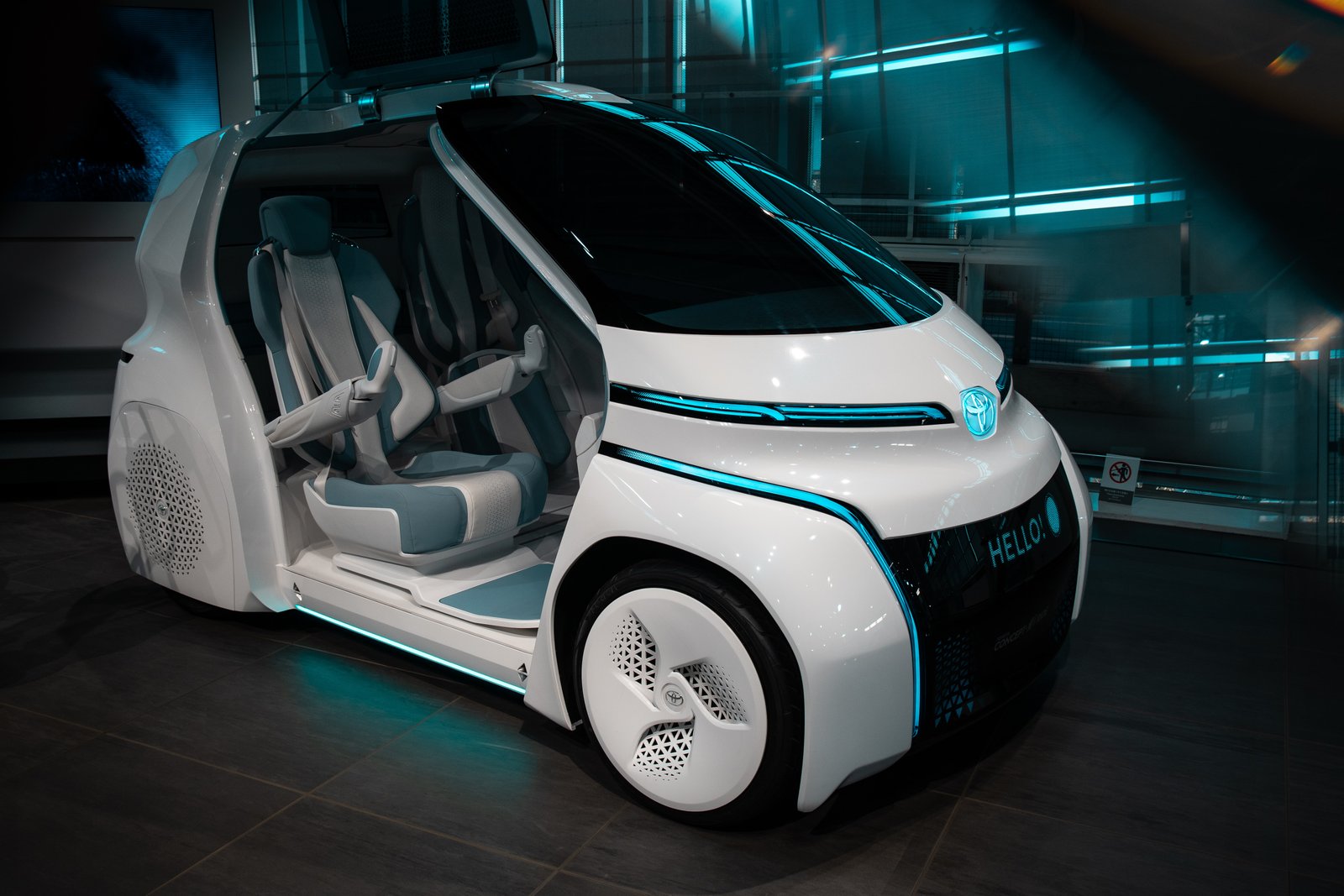
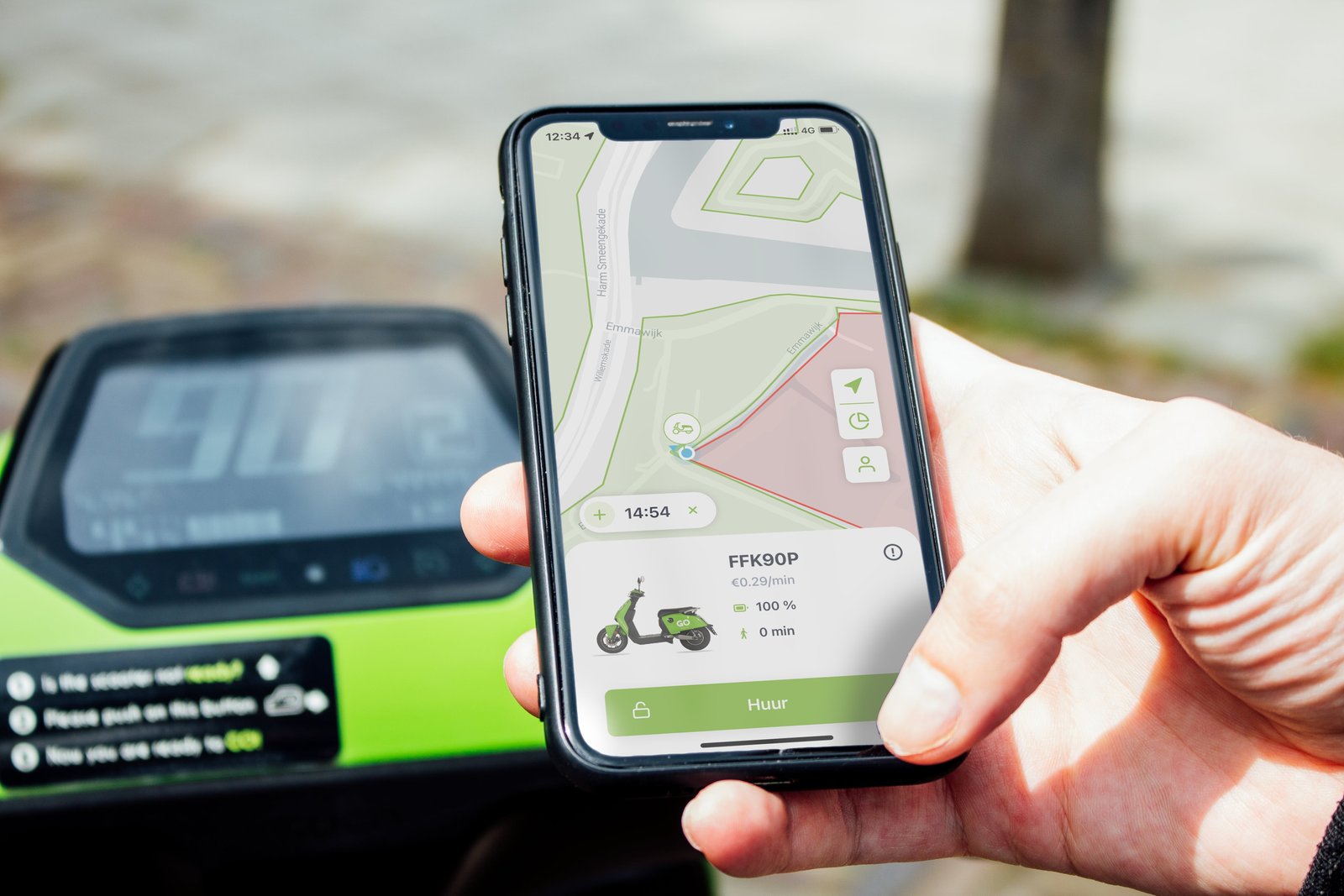
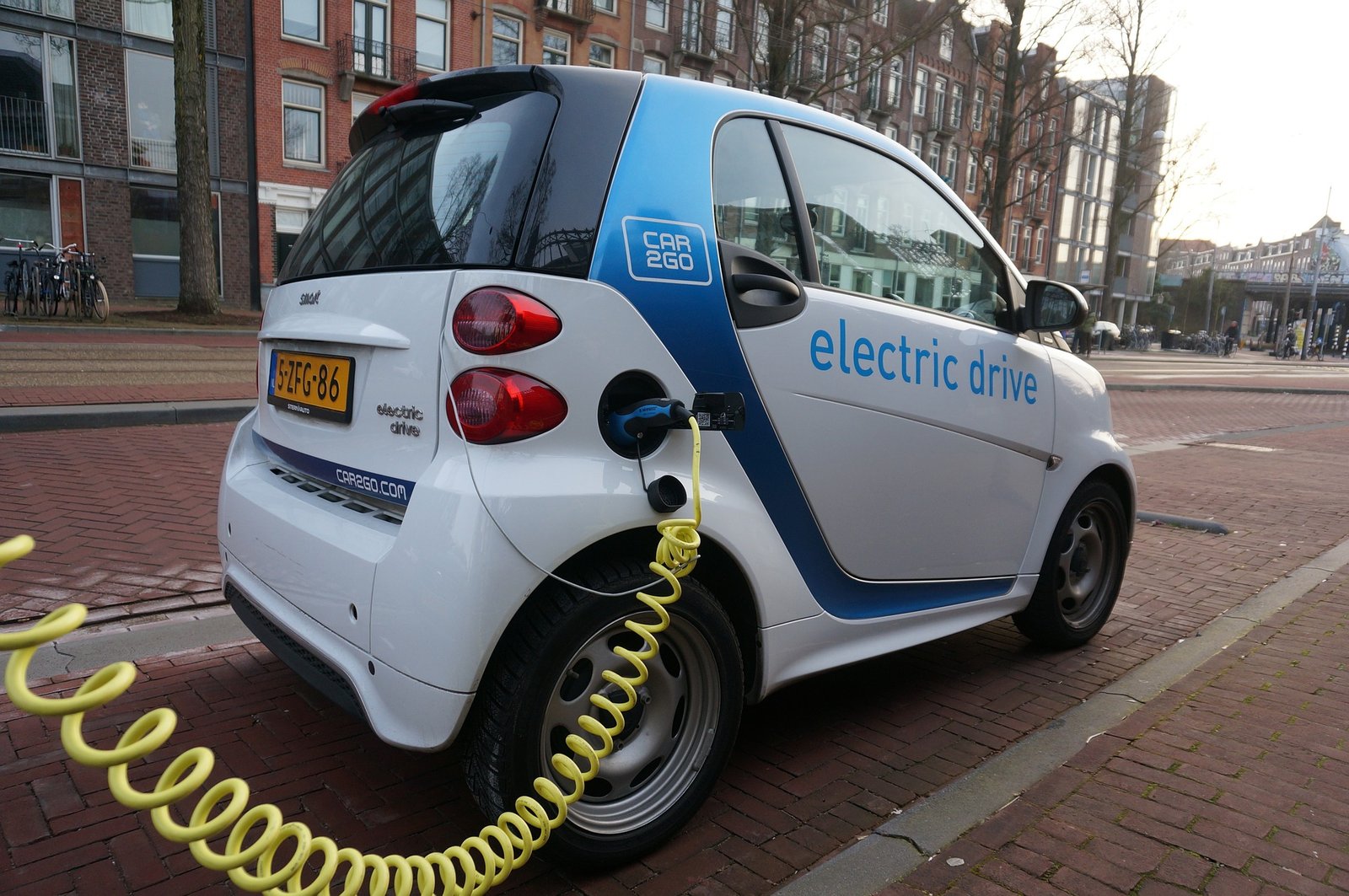
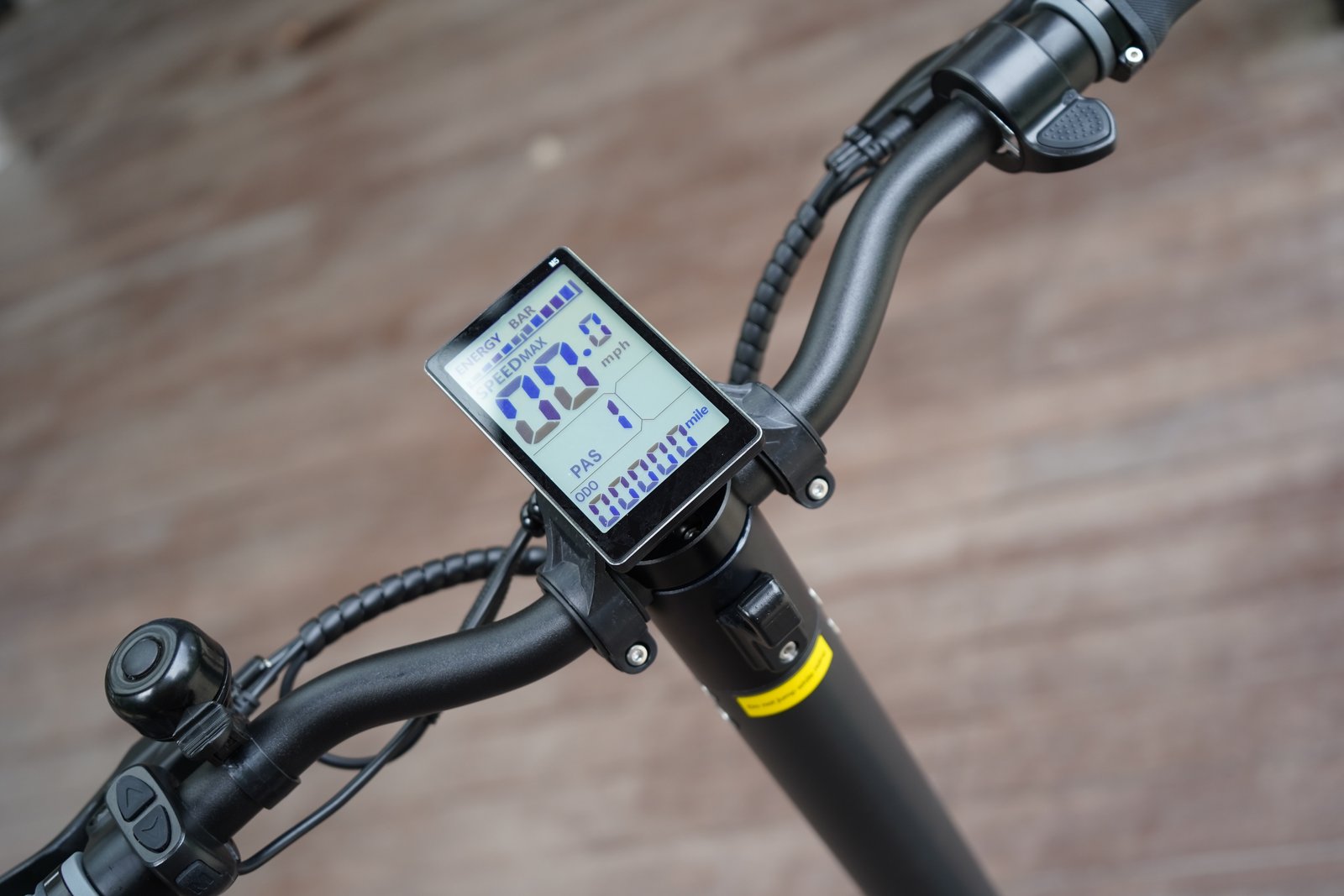
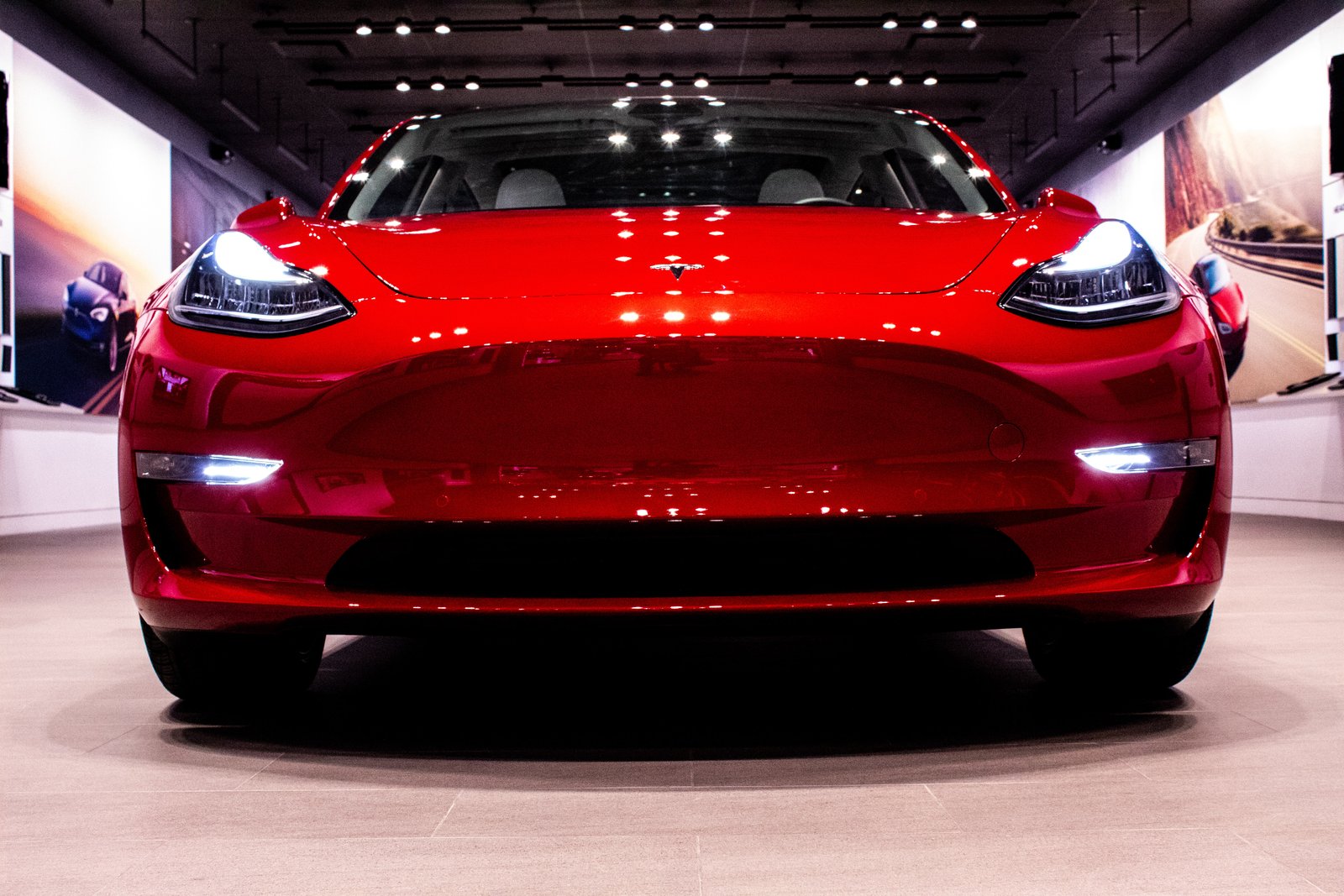
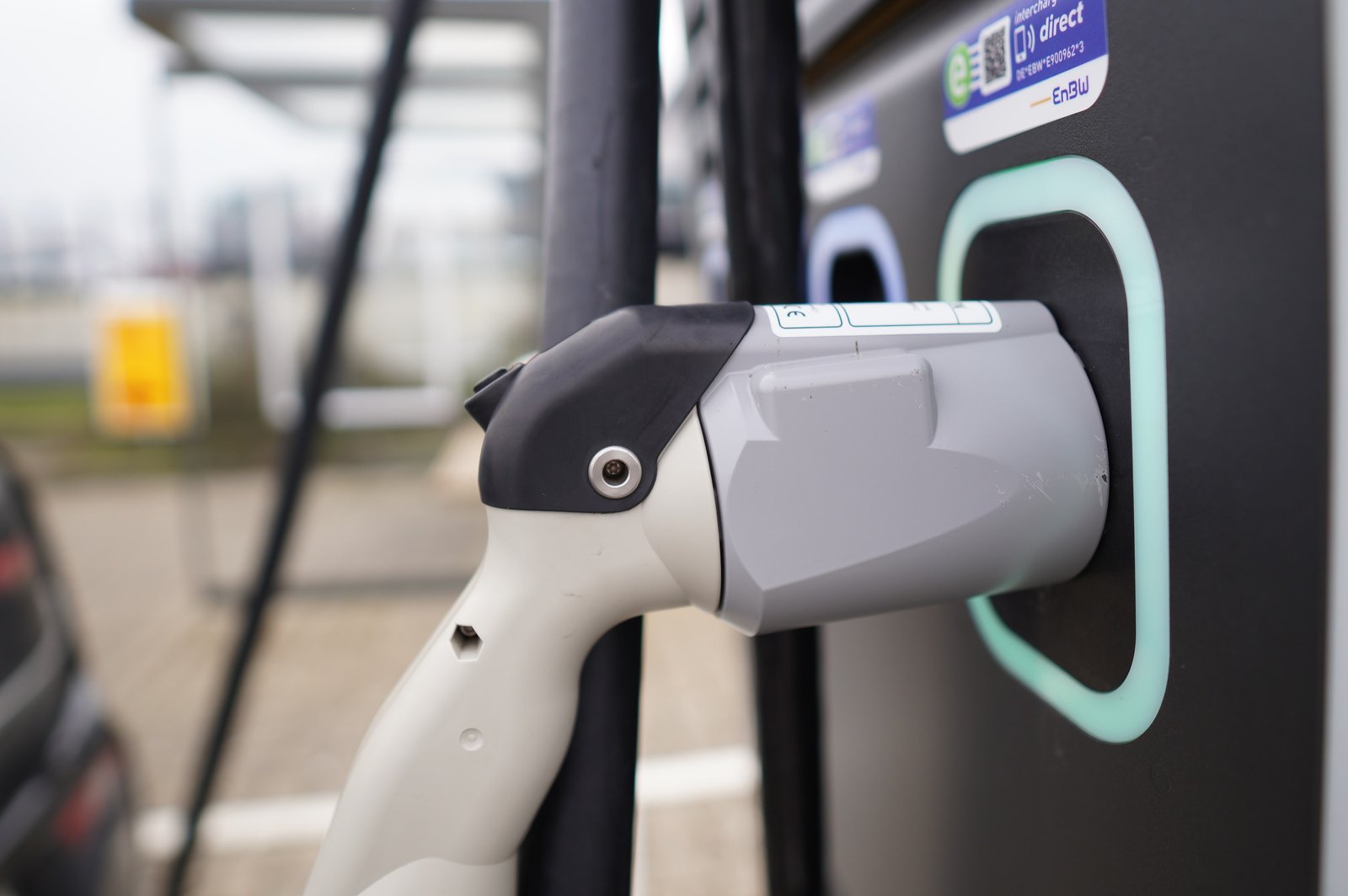
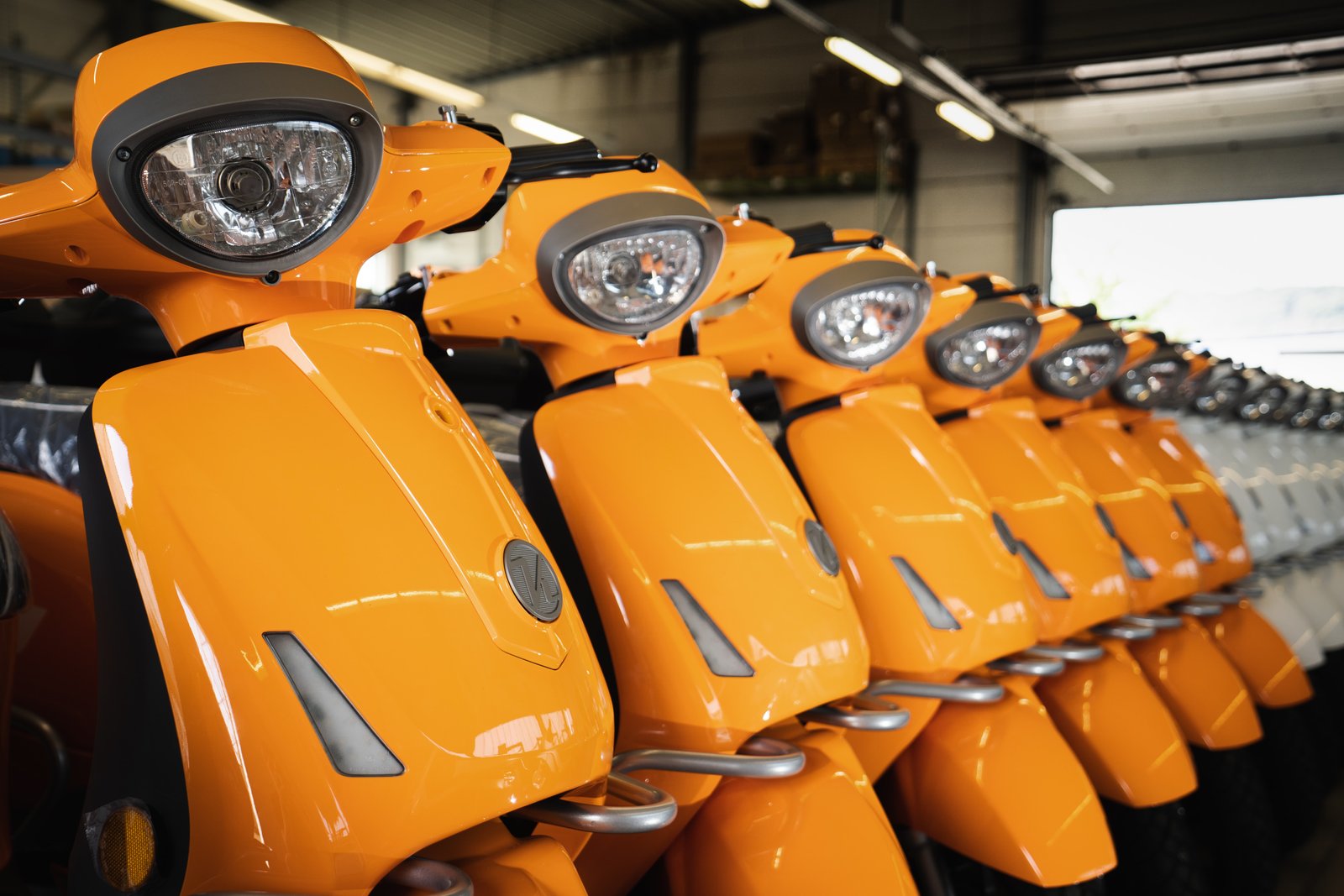
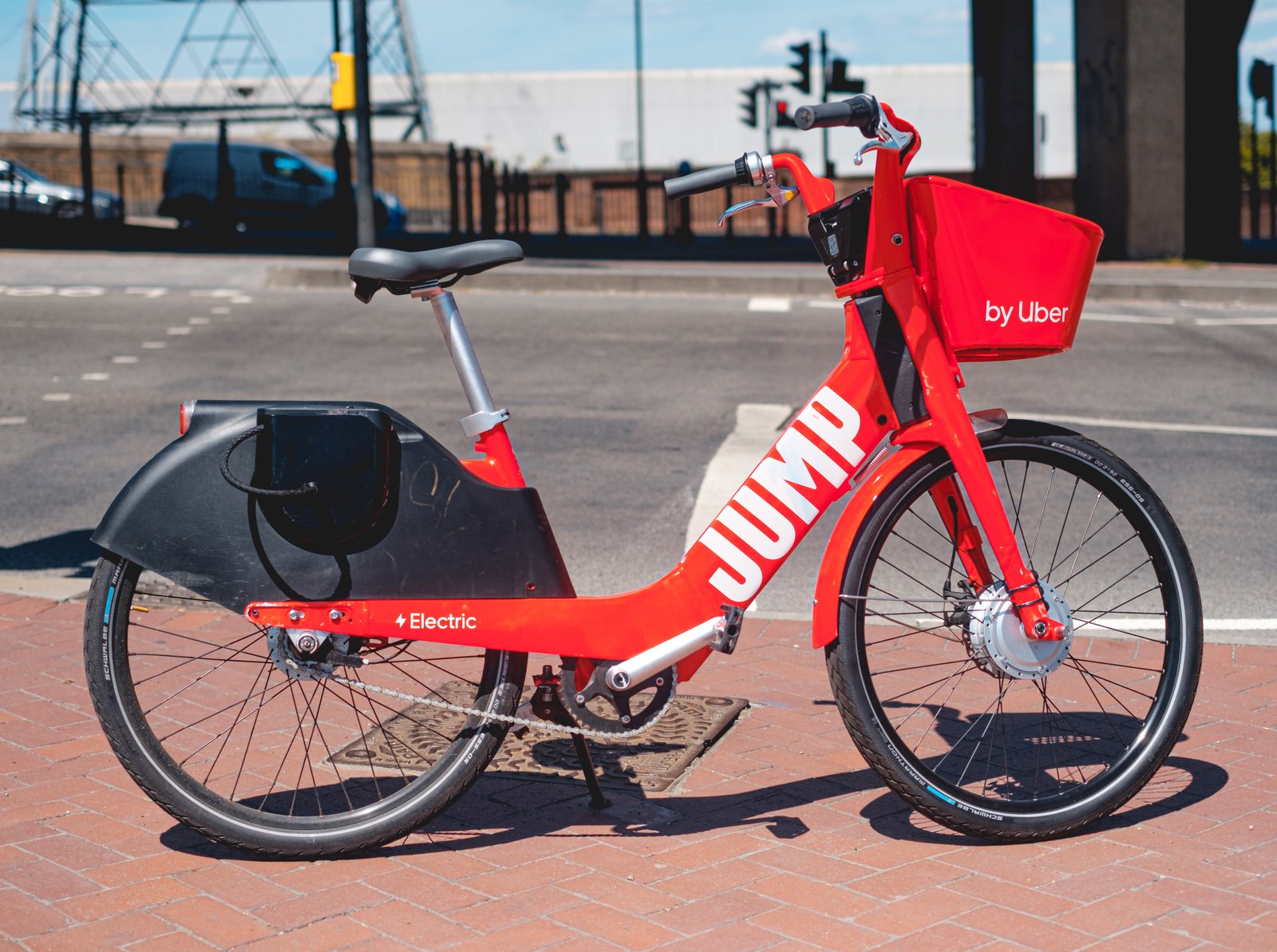
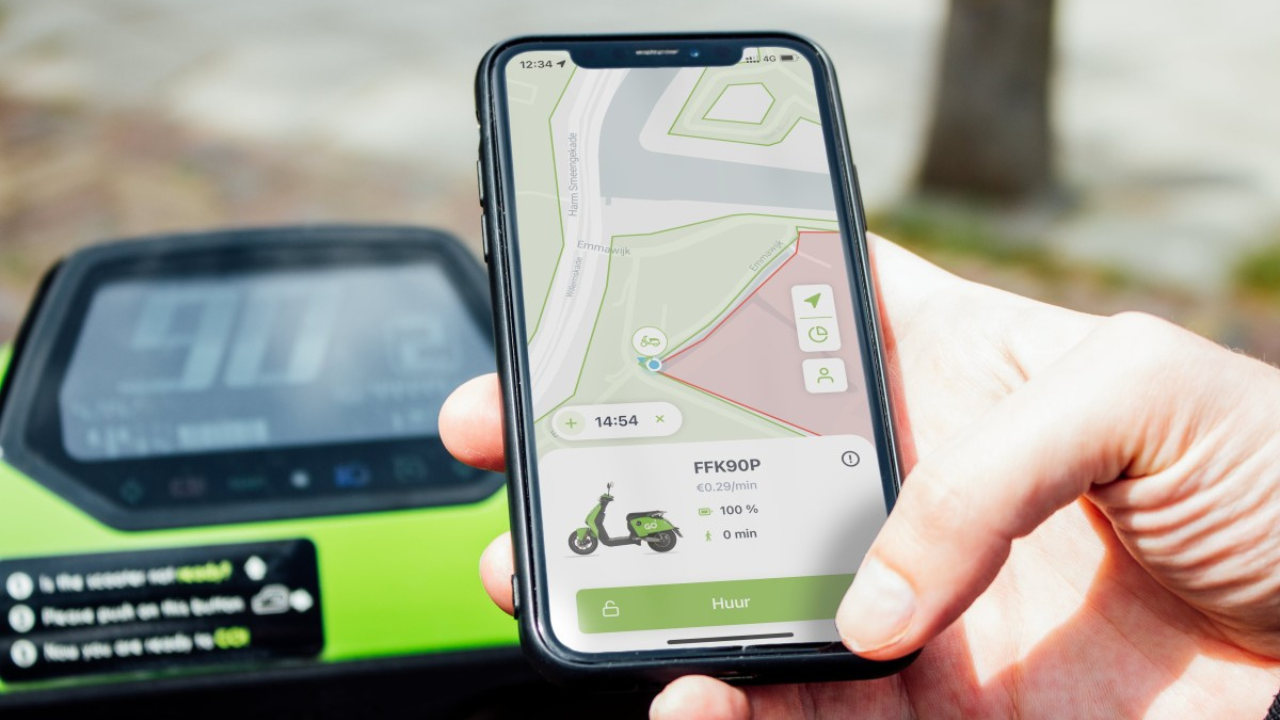
Leave a Comment